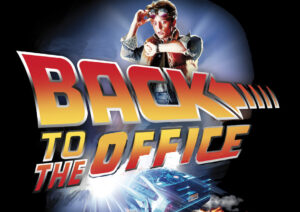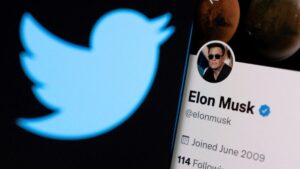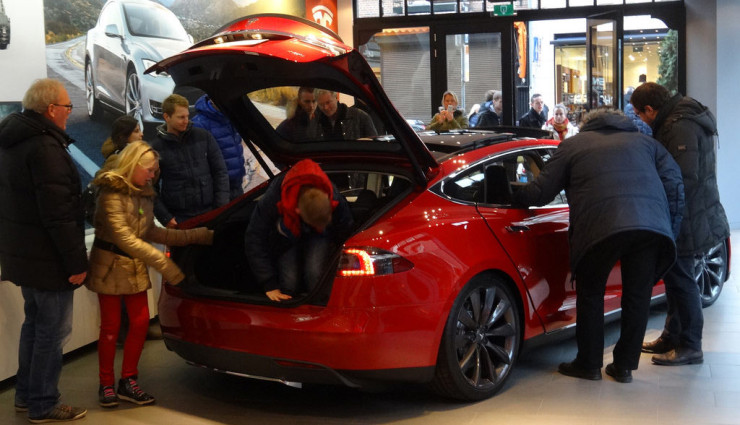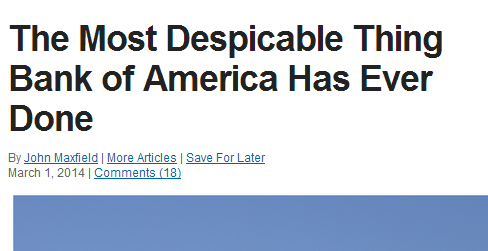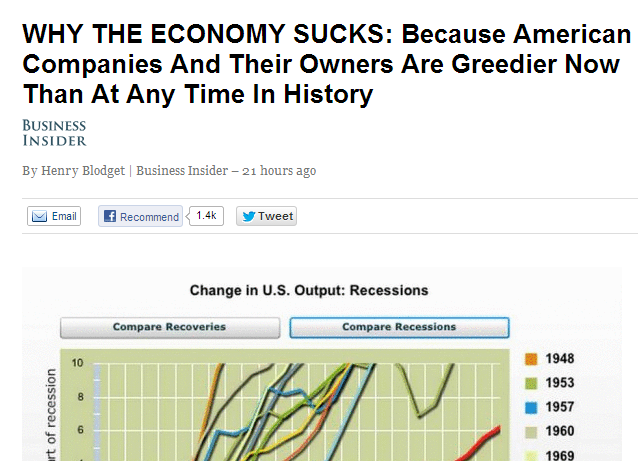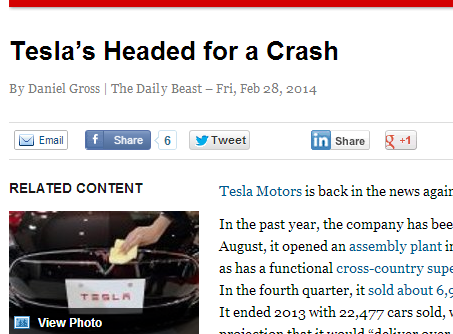There’s a Twitter lesson to learned and it involves both workers and management. A lot of my friends find delight in the apparent demise of Twitter and I can’t say I blame them. I find it an interesting opportunity to examine the relationship of workers and management to the success of a business endeavor.
It seems to me; most people are not learning the correct Twitter lesson. A large group of people blame Musk for the ongoing situation. A second group blames lazy workers not willing to put forth enormous effort to save the company. What’s the reality? Let this Libertarian answer all your questions.
Twitter’s Problems
In order to determine the appropriate Twitter lesson, we need to fully understand the difficulties the company faces. Twitter was never immensely profitable. It had a couple of good years where income exceeded expenses but it largely lost money. Now, add the enormous loans new owner Elon Musk must pay back and it doesn’t take a genius to figure out the company is in deep trouble.
This being the case, the simplest solution in these situations is always to cut payroll. That means firing people. So many people the platform is barreling toward destruction. This solution means Musk must hope his remaining employees will do the jobs of two or more people while still earning their current salary.
I wrote about when this sort of expectation can work in an article about Reciprocity if you’d like to read that. I’m not going to discuss it further here.
What is the Twitter Lesson?
With one side calling workers lazy and the other blaming Musk for his business decision it seems like one of those two things must be the Twitter lesson, right? Wrong.
So many people want to blame lazy workers and so many people want to blame bad management. It’s the same when a business succeeds. Half the people want to give the credit to management for financing the operation, hiring the people, creating the business. A second group of people claim it is the workers who achieve the success. It is their efforts that build value.
The problem is both groups are right and wrong at the same time. The business owner who comes up with an idea, hires people, takes out loans, and builds a company should be lauded for this effort. It’s dangerous from a financial point of view and she or he should be praised. Meanwhile, the workers who buy into the vision and perform the day-to-day tasks are absolutely vital to success. Without them there is nothing.
This seems very obvious to me and I think most people, after reading this, will agree. Yet, before reading this, people eagerly and vocally assign all the credit to the owner or to the workers, ignoring the cooperation between the two groups required.
That’s the Twitter lesson. It’s workers and management that lead to success and to failure. Sure, in this case, Musk badly overvalued Twitter and took out a big enough loan that success became a near-impossible task.
Crony Capitalism
The entire situation is further complicated by the fact politicians now pass laws and extend financial aid to favor one company or attack another. This Crony Capitalism is something I’ve talked about elsewhere but it is part of the equation.
The reality is Musk’s previous ventures were largely financed by taxpayers. Government agencies gave him direct money and tax breaks. That fact plays no small part in what is happening today but is, perhaps, a topic for another day.
Conclusion
My conclusion is pretty simple. A business does not succeed or fail solely because of workers or management. Good managers and good executives value their employees’ contributions. Good employees recognize that management and executives want the business to succeed and often have to make difficult decisions.
Tom Liberman
